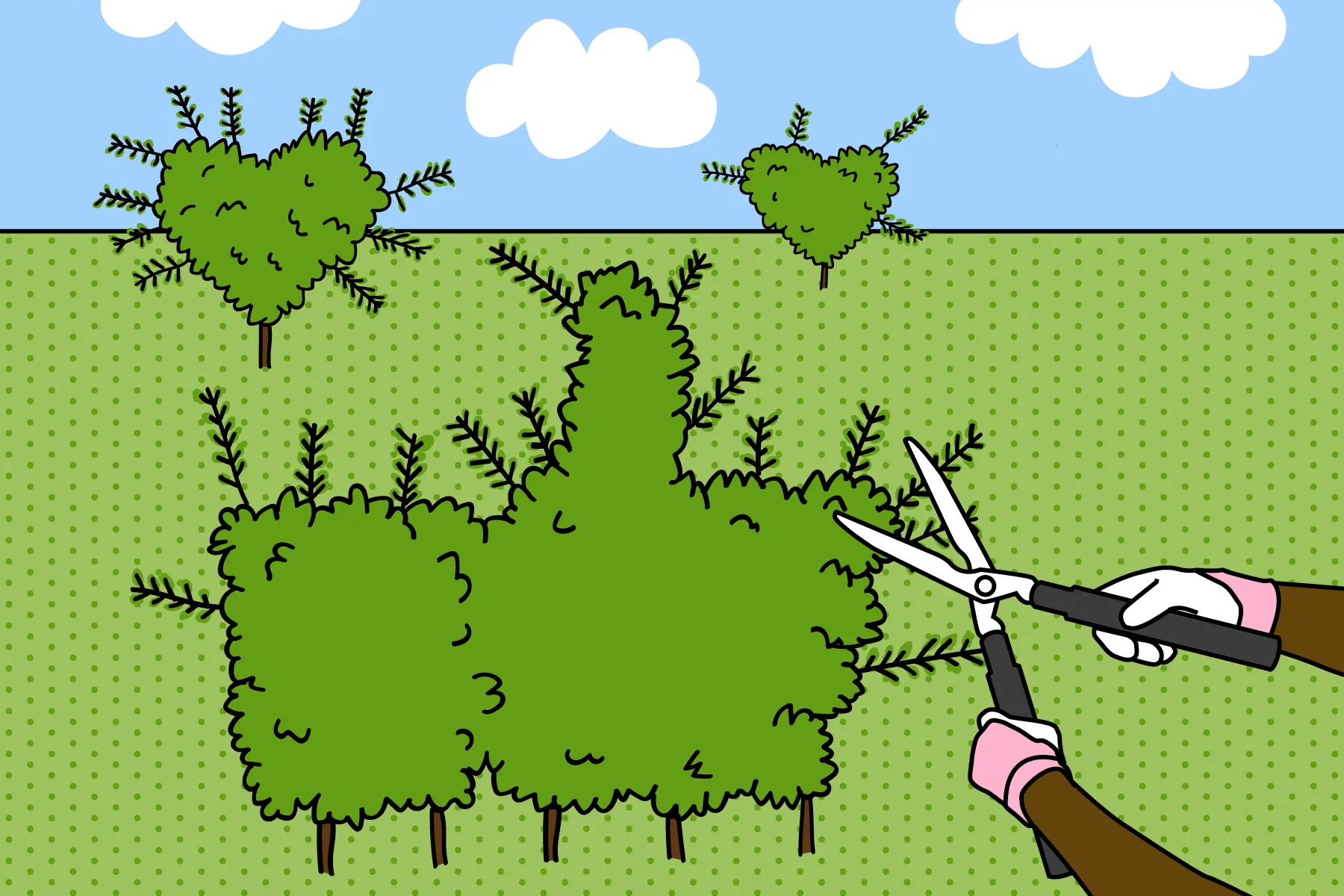Lucy Jones
Praise for Matrescence
A thrilling examination of what it means to be a mother … Myths are smashed from page one … essential reading, roaring and ready to change conversations
Jude Rogers, Observer
I kept scribbling in the margins: 'We need to know this stuff!' ... wide-ranging in its scope, packed with statistics … comes as close as it’s possible to describing this indescribable moment in a woman’s life
Joanna Pocock, Spectator
Reading this, I felt a jolt of recognition ... I wish someone could have handed me Matrescence
Sophie McBain, New Statesman
A thrilling examination of what it means to be a mother … Myths are smashed from page one … essential reading, roaring and ready to change conversations
Jude Rogers, Observer
I kept scribbling in the margins: 'We need to know this stuff!' ... wide-ranging in its scope, packed with statistics … comes as close as it’s possible to describing this indescribable moment in a woman’s life
Joanna Pocock, Spectator
Reading this, I felt a jolt of recognition ... I wish someone could have handed me Matrescence
Sophie McBain, New Statesman
A thrilling examination of what it means to be a mother … Myths are smashed from page one … essential reading, roaring and ready to change conversations
Jude Rogers, Observer
I kept scribbling in the margins: 'We need to know this stuff!' ... wide-ranging in its scope, packed with statistics … comes as close as it’s possible to describing this indescribable moment in a woman’s life
Joanna Pocock, Spectator
Reading this, I felt a jolt of recognition ... I wish someone could have handed me Matrescence
Sophie McBain, New Statesman
